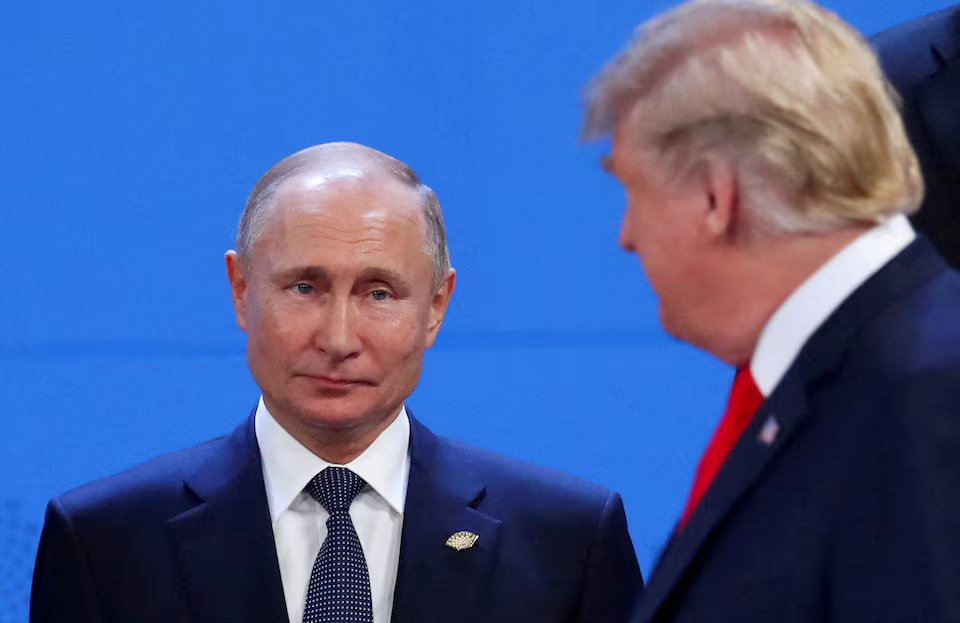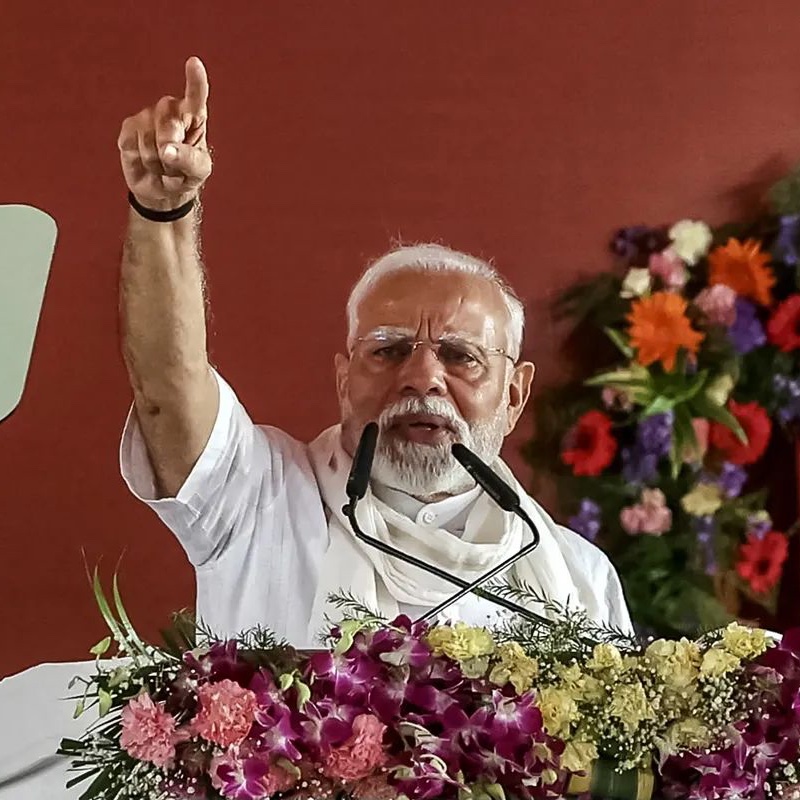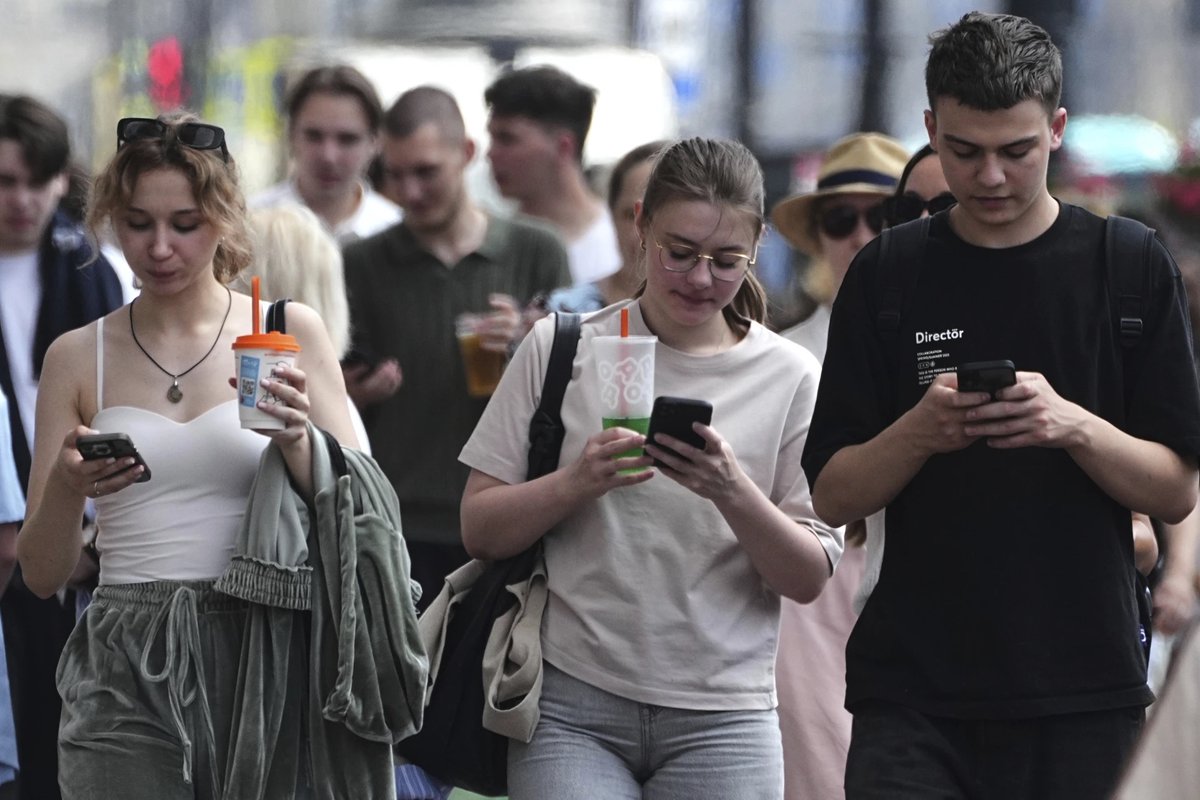Josep Borrell: Since I left, there’s been no new military aid to Ukraine from the EU.
The €6.6B from the European Peace Facility is blocked by Hungary.
It’s the end of this instrument. Everything will have to be bilateral now, EUobserver reports. 1/
The €6.6B from the European Peace Facility is blocked by Hungary.
It’s the end of this instrument. Everything will have to be bilateral now, EUobserver reports. 1/

Borrell on the EU-US trade deal: It gives the impression of weakness and submission to Trump’s demands.
Europe can hardly be considered a strategically autonomous actor now. 2/
Europe can hardly be considered a strategically autonomous actor now. 2/
Borrell: The [tariffs] agreement is based on additional elements that are completely impossible to fulfill. 3/
Borrell: Buying US gas for $750B over 3 years. The EU doesn’t buy gas, companies do.
We want our own defense industry and promised to buy everything from the US.
We have a green strategy and tripled gas purchases. 4/
We want our own defense industry and promised to buy everything from the US.
We have a green strategy and tripled gas purchases. 4/
Borrell on EU strategy: Poor strategy – more a surrender than a negotiation.
We pursued a smile and good manners approach, hoping to melt Trump’s heart and got a balanced deal. But it didn’t work. 5/
We pursued a smile and good manners approach, hoping to melt Trump’s heart and got a balanced deal. But it didn’t work. 5/
Borrell on US strategy: The US follows the old strategy of bullies.
The US threatened 30% tariffs, then offered 15%, and we’re expected to be grateful. 6/
The US threatened 30% tariffs, then offered 15%, and we’re expected to be grateful. 6/
Borrell on Biden vs Trump: Under Biden, we followed the US lead, especially on China. Biden wasn’t hostile.
With Trump, even securing a meeting was hard. 7/
With Trump, even securing a meeting was hard. 7/
Borrell on Ursula and Trump: The meeting [between Ursula von der Leyen and Trump] barely lasted an hour.
It was already cooked, a sort of take-it-or-leave-it deal. 8/
It was already cooked, a sort of take-it-or-leave-it deal. 8/
Borrell on whether the US will sell Ukraine and Europe to Putin:
Trump only cares about Trump. If conceding to Russia benefits him, he’ll do it. If not, he won’t.
What he’ll do when the $60B aid package runs out. 9/
Trump only cares about Trump. If conceding to Russia benefits him, he’ll do it. If not, he won’t.
What he’ll do when the $60B aid package runs out. 9/
Borrell: The big question for the EU is if the US stopped supporting Ukraine, could we continue to support them, making up for the loss of American aid? 10/
Borrell on ending the war: The war won’t end soon.
Reason: Putin isn't in a hurry. He has the human resources to sacrifice as many as needed.
Ukraine doesn’t. It has a shortage of military manpower. 11/
Reason: Putin isn't in a hurry. He has the human resources to sacrifice as many as needed.
Ukraine doesn’t. It has a shortage of military manpower. 11/
Borrell: Russia has China behind, which supplies them equipment. They can bring in North Korean soldiers.
Russia can prolong this for years. 12/
Russia can prolong this for years. 12/
Borrell: Russia hasn’t won, because Zelenskyy is still in Kyiv. It hasn’t lost either, because it hasn’t been pushed out of the occupied territories.
Ukraine hasn’t won, because Russia is still there, but it hasn’t lost either. 13/
Ukraine hasn’t won, because Russia is still there, but it hasn’t lost either. 13/
Borrell on Russian opposition: Navalny is dead, his resistance movement is exhausted.
It's a factor enabling Putin to continue the war too. No internal opposition. 14X
It's a factor enabling Putin to continue the war too. No internal opposition. 14X
Source: euobserver.com/eu-and-the-wor…
• • •
Missing some Tweet in this thread? You can try to
force a refresh








